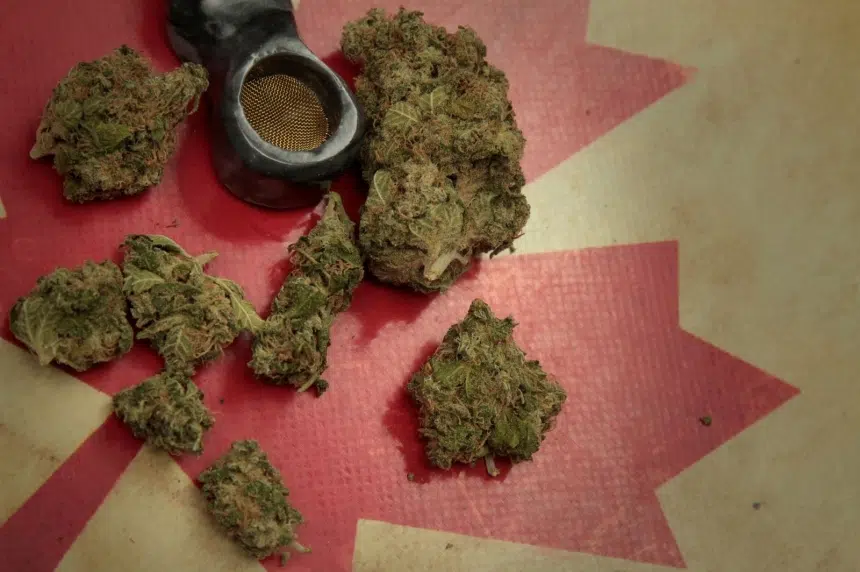With Canada on the way to legalizing recreational marijuana, many are concerned about how it will impact impaired driving.
The legislation introduced in Ottawa Thursday would restrict driving within two hours of having 2.5 nanograms of THC per litre of blood. Violators would face a $1,000 fine.
Anyone determined to be driving impaired would be punished under existing impaired driving laws.
In Colorado, a state that legalized marijuana in 2014, five nanograms are allowed before impairment driving charges.
The state’s chief medical health officer Larry Wolk said testing for impairment isn’t black and white.
“You could have smoked a joint a month ago and have two nanograms of THC circulating in your blood and that’s not a marker for impairment,” he said.
“In order to not get wrongful convictions, police will need to see signs of impairment such as red eyes or the smell of pot.”
The Canadian legislation would allow police to conduct roadside saliva tests.
Currently, Drug Recognition Expert (DRE) evaluations done by the RCMP are a series of tests that include three pulse checks, eye examinations, and the opinion of a specialized officer.
Saskatoon-based criminal defence lawyer Brian Pfefferle told 650 CKOM while more impaired driving charges can be expected, convictions may be more difficult.
“They’re using a subjective system to assess people’s sobriety at the roadside and we don’t currently have the same type of testing as we do with impaired by alcohol,” Pfefferle said.
That subjective testimony can make drug-impaired driving harder to prove in court.
“With highly-impaired drugged drivers, those symptoms of impairment will be so obvious that they’ll lead to convictions in those cases,” he said.
“But definitely more difficult without those objective tests.”
—With files from 650 CKOM’s JT Marshall and Chris Carr.











